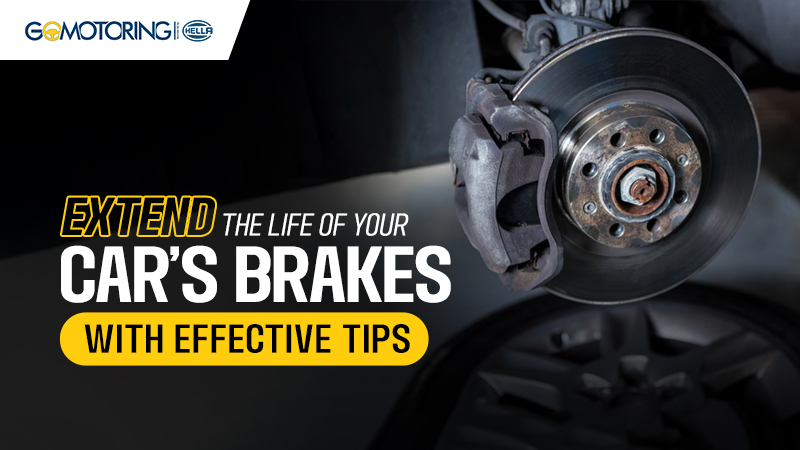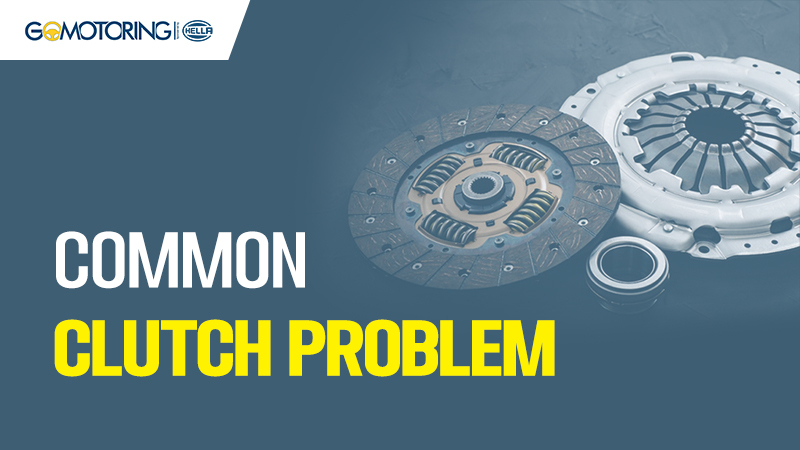The manual clutch plays a pivotal role in the operation of a car with manual transmission. However, with regular use, the clutch system can wear down and cause problems that can lead to driving difficulties or even a complete breakdown.
Some indicators that your clutch system is wearing out include a grinding or squeaking noise when you press the clutch pedal, gear shifting problems, and a slipping clutch.
What is a clutch?
Power is transferred from the engine to the wheels via the clutch. It allows the driver to start or stop the engine from the gearbox in order to shift gears, accelerate, decelerate, or stop without stalling the engine or damaging the gearbox.
The clutch has three major components: the clutch pedal, the clutch disc, and the pressure plate. When the clutch pedal is depressed, the clutch disc is disengaged from the engine's flywheel, allowing the engine to spin freely without delivering power to the wheels. When the driver lets go of the clutch pedal, the clutch disc reconnects with the flywheel and power is transferred from the engine to the wheels.
Signs of a bad clutch
The clutch system is a critical component of a car with a manual transmission, and if it starts to fail, it can lead to a range of problems that can affect the drivability of the vehicle. Here are some common signs of manual clutch failure:
- Difficulty shifting gears :If you have trouble shifting gears, or if the gears grind or make a noise when shifting, it could be a sign that the clutch is failing. This is because the clutch is responsible for disengaging the engine from the transmission so that the gears can be shifted smoothly.
- Burning smell: If you smell a burning odor while driving, it could be a sign that the clutch is slipping. This happens when the clutch disk fails to engage properly with the flywheel, causing it to slip and create friction, which in turn generates heat and produces a burning smell.
- Spongy or loose clutch pedal: If the clutch pedal feels spongy or loose, or if it sinks to the floor when depressed, it could be a sign that there is a problem with the clutch hydraulic system, which can affect the engagement of the clutch.
- Engine revving but car not moving: Because of the slipping clutch, the car does not move or move slowly. This happens when the clutch is not fully engaging with the flywheel, which can cause the engine to rev but not transfer power to the wheels.
- Strange noises: If you hear unusual noises, such as a grinding or squealing sound when the clutch pedal is pressed, it could be a sign of a worn or damaged clutch component.
How to fix Clutch problems?
To minimize further troubles, it is strongly advised to treat any clutch issues as soon as possible. Regardless of the cause of the issue, having a skilled mechanic inspect and diagnose your clutch is the best way to ensure your vehicle's safety and roadworthiness. A professional auto shop will provide you with good advice on the best course of action, whether it is a small repair or a complete clutch replacement. Putting your trust in a qualified mechanic to solve your clutch problems will provide you with peace of mind and keep your car operating smoothly.
Want more of the world of automotive–check out the social media pages of GoMotoring. Connect anywhere, Twitter, Facebook, and Instagram
BREAKING NEWS

Indian Supercross Racing League Set for Media Launch and Logo Unveiling
Get ready to witness the ultimate battle of speed and skill...

Formula 2 Sprint Race in Monaco: Jehan Daruvala finishes second
The Indian driver describes his Monaco Sprint Race performan...

Extend the life of your car’s brakes with effective tips
As you are already aware, brakes are a crucial aspect of con...







